What We Carry At Our Garden Center
Two local Rainbow Garden centers offer a diverse selection of plants and products that will make your home garden experience complete.
Inventory changes with the seasons, but you can expect to find a variety of plants including: trees, shrubs, seasonal vegetables, herbs, fruits, seeds, roses, houseplants, succulents, annuals, perennials, desert specimen, tropicals, ornamental grasses, groundcovers and more.
We also provide products such as: soils, mulch, compost and other soil amendments, fertilizers, pest controls, disease controls, pottery, statuary (including fountains, birdbaths, benches, etc.) garden art, tools, unique gift shops, and so much more. Come visit us to see the full extent of what Rainbow Gardens has to offer.
Seasonal Gardening Tips
Spring
- Prune dead wood on perennials and shrubs (not spring-flowering).
- Add 3″ of compost to existing garden beds to prep for planting.
- Fertlize cold weather annuals like pansies and violas so they stay beautiful through spring.
- Timely lawn care consists of applying weed pre-emergents and sticker bur prevention, and putting down lawn fertilizer.
- Plant trees, shrubs, and perennials. The earlier you get them planted, the better they will survive their first summer.
- Plant warm weather veggies like: tomatoes, peppers, squash, cucumbers, eggplant, and more. You may still need to protect early veggies from late frosts.
- Plant warm weather transitional annuals and spring annuals like: alyssum, lobelia, petunias, geraniums, marigolds.
- Timely lawn care consists spring fertilizer (organic or synthetic).
- Hard prune roses (Feb 14th), and begin fertilizing
- Pick your fertilization schedule back up for: houseplants, annuals, perennials, vines, shrubs and trees (shade, hardy fruit, tropical fruit and citrus).
Summer
- Mulch, mulch, mulch. Mulching helps cool plants’ roots through summer, conserve moisture in soil, and prevent weeds competing for nutrients.
- Try to plant any summer veggies as early as possible. Many veggies cease to produce once temperatures get high. Plant okra, melons, pumpkins (in July).
- Purchase citrus. Grow in pots for the first 4 years to easily offer winter protection during these vulnerable years.
- Tropical fruit trees should be in the nursery now.
- Pest activity ramps up during summer, so keep an eye on your gardens. Prevention and early detection are key to pest control.
- Watch for lawn pests like grubs and chinch bugs, treat with a product containing Immidacloprid.
- Lawn fungus and disease may appear (brown patch, take all patch). Treat with a labeled fungicide.
- Garden during early morning or late evening hours when the sun isn’t as intense to protect yourself.
- Enjoy tropical and semi-tropical plants like hibiscus, canna, esperanza, Pride of Barbados, duranta.
Fall
- Fall is pollinator season! The peak migration generally happens in October, so you need to buy your pollinator plants end of August/early September to have them ready for the butterflies and hummingbirds.
- Early tomatoes arrive at the tail end of summer into the earliest of fall (protect from extreme heat).
- A ‘second spring’ arrives with fall. You can plant another round of warm weather veggies like tomatoes, peppers, cucumbers, squash, and more.
- Fall is the best time to plant strawberries.
- First rounds of cold weather veggies (broccoli, cauliflower, cabbage, kale, greens, etc.) will be right on the tail of the 2nd round of warm veggies. Offer protection from high temperatures and direct sun and keep well-watered.
- Late fall brings garlic, onions sets, and shallots.
- Fall is the absolute BEST time to plant trees, shrubs, perennials, and woody vines. they are able to establish roots through winter and be ready to face their first hot summer (early spring is second best planting season).
- Lawn care consists of applying weed pre-emergents and organic lawn fertilizer (early fall), or synthetic 18-6-12 lawn fertilizer/winterizer (mid fall). Fungus issues can develop with cooler night temps. Prevent with labeled fungicide and by not watering at night.
Winter
- Watch weather forecasts diligently to be ready to protect susceptible plants from winter damage. Make space in your garage and other indoor spaces for tender outdoor container plants.
- Purchase frost cloth protection (N-Sulate, Plankets) for tender new transplants and for any non-cold hardy plants that you can’t move indoors. Make sure plants are covered completely (all the way to the ground), and uncover during the day when temps rise and sun is out.
- Mulch outdoor plants to add another layer of insulating protection.
- Make sure you have a plan to protect your pipes.
- Purchase holiday plants like poinsettia, Christmas cactus, topiary evergreens.
- Force Amaryllis bulbs indoors for gorgeous holiday color (then plant bulb in spring outdoors).
- Pansies and Johnny Jump Ups can handle freezes and will give you color through spring.
- Hardy fruit and nut trees can be planted through winter.
- Indoor seed starting begins in January. Gather seeds, seed starting pots and soil mixes, grow lights, etc.
- In December, plant spring bulbs that have been chilling for 8-12 weeks (tulips, hyacinth).
Our Garden Center
The BEST plant nursery with the BEST plant selection in San Antonio, Texas!
Plant availability is seasonal. Visit our stores for current selections.
Get the Texas Agrilife Vegetable Planting Calendar Here
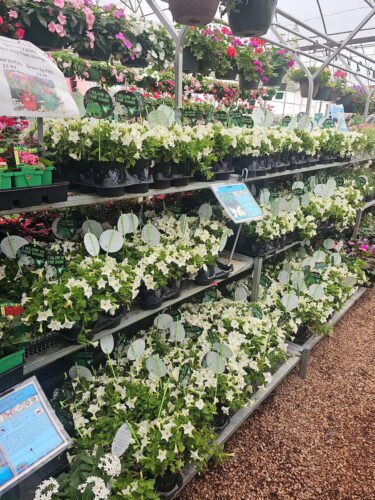
Firefly Petunias: HOT ITEM, BOTH LOCATIONS JUST GOT A SUPPLY OF 300! THESE WILL GO FAST. FIRST COME FIRST SERVE. Firefly petunias GLOW IN THE DARK! Really! Firefly petunias are a bioluminescent plant that glows with a soft, green/white light at night, thanks to genes from a Neonothopanus nambi mushroom.
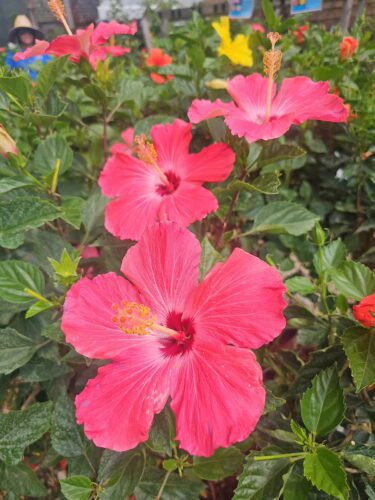
Colorful Tropical Hibiscus: These big blooming, gorgeous, tropical plants offer a bold statement for pots on porches or decks. A new flower appears each day. Tropical hibiscus love the sunshine and will bloom continuously through out spring and summer. We have single bloomed and double bloomed hibiscus available as well as some in tree form.
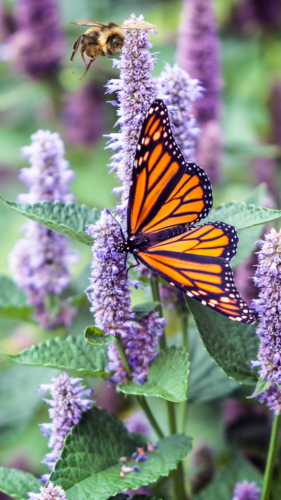
Pollinator Plants Are Arriving: Butterfly, Hummingbird, and Bee attracting plants, like the pictured agastache above are filling in at Rainbow Gardens. The spring migration has started. Get Ready!
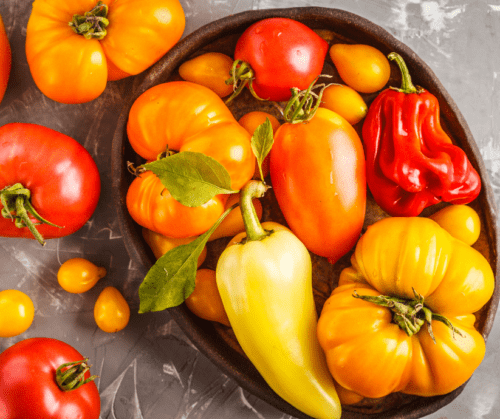
Tomatoes and Peppers: We are bringing in tomatoes and peppers buy the truckloads. Remember they go fast this time of year. Come by often for fresh arrivals. (Tomatoes arrive early in spring and then they are gone. You MUST plant early enough so you get flowers and fruit before the heat arrives.)
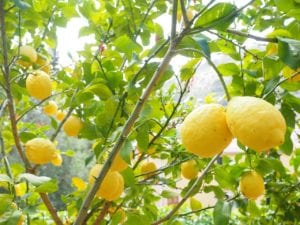
Citrus is Here: Our first round of citrus has arrived and you can select from: lemons, limes, satsumas, mandarins, oranges, grapefruit pummelo, calamondin, tangelos, and tangerines. Citrus should be grown in containers for the first 3-4 years. Get our citrus growing guide here.
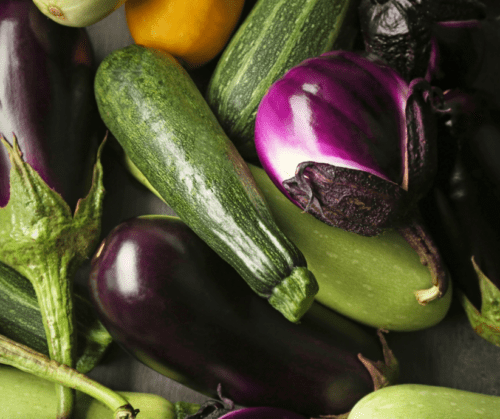
Spring Vegetables are Arriving: We're adding to our selections by the week. Look for squash, zuchinni, eggplant, green beans, melons, and more! Check out our blogs for help growing them. Use our search bar to find what you are looking for.
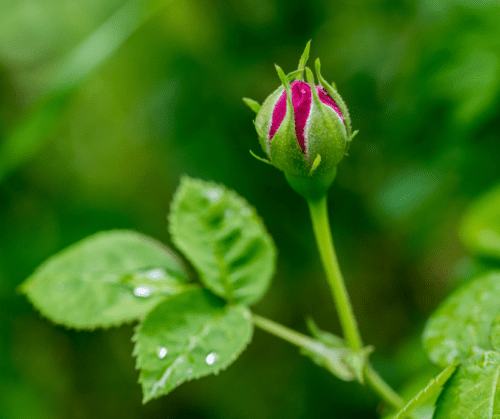
Roses are Blooming: Our rose yards are really taking off right now. Our 6 month rose guarantee kicked in on March 15th. Roses are in bloom and it's a great chance to shop with your eyes! This is our best selection we'll have for the year! We have: knock outs, David Austen, heirloom, hybrid tea, groundcover, floribunda, grandiflora, miniature, patio, climbing, and shrub. See our 2025 selections here.
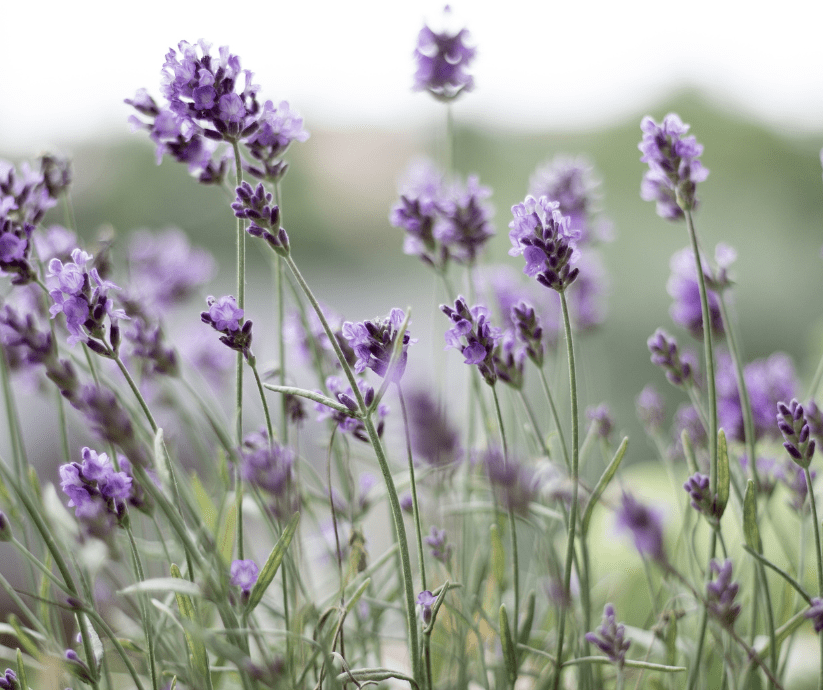
Fresh Herbs: Spring brings fresh herbs to the garden center. Lavender, rosemary, parsley, thyme, sage, mint, dill, fennel, and so much more can be found. Now that it's warming up, you can also find many selections and varieites of basil. Herbs make great pollinator plants and companion planting plants.
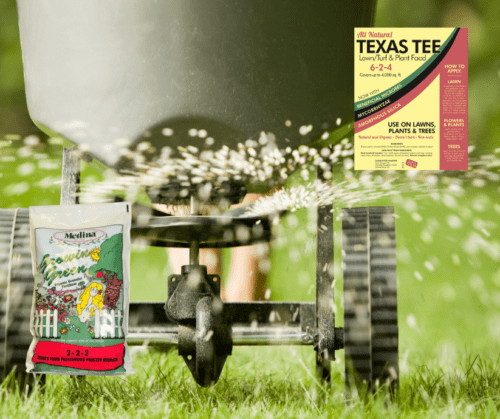
Spring Fertilization for Lawns: Organic lawn fertilizers, like Texas Tee and Medina Growin' Green, get applied 4 - 6 weeks earlier (late Feb through mid March) than synthetic fertilizers. Synthetic fertilizers, like Rainbow Gardens 19-5-9, get applied mid April through early May. A well-fed lawn is your best defesnse against weeds, pests and disease, so don't forget spring fertilizer applications.
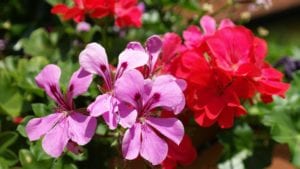
Geraniums: Geraniums are here and you can find them in hanging baskets and nursery pot. their big clusters of blooms brighten up any patio, porch or deck.
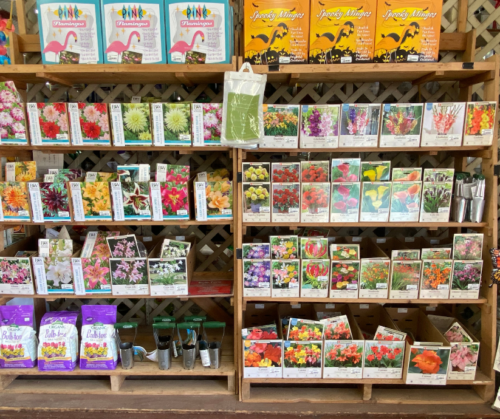
Spring Bulbs: Spring bulbs bring summer blooms and foliage interest. Look for packages of elephant ear (alocasia), dahlia, lilies (multiple types and varieties), gladiolus, canna, and more.
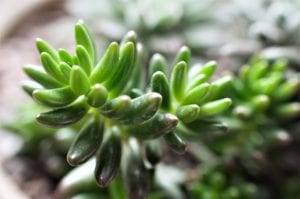
Succulents and Houseplants: We get a refresh on our succulent and houseplant selections i spring so make sure you are visiting often to catch all the new arrivals when they head in.
Soil Calculator
Visit our Learning Center
For more blogs and growing guides for specific plants, be sure to visit our Learning Center.
You will find information on Trees/Shrubs, Annuals/Perennials, Turf/Lawn, Edibles (veggies, herbs, fruits and berries), Houseplants, Native Plants, Pollinators, Cactus/Succulents, Roses, Pests/Disease, and more.
Deals & Promos
Spring - Fall Hours:
(Mid Feb - Mid Nov.)
Mon-Sat: 9AM - 5PM
Sun: 10AM - 5PM
Winter Hours
(Mid Nov to Mid Feb)
Mon - Sat: 9AM - 5PM
Sun: 10AM - 5PM
Holiday Hours May Vary
Spring - Fall Hours
(Mid Feb - Mid Nov)
Mon - Sat: 9AM - 5PM
Sun: 10AM - 5PM
Winter Hours
(Mid Nov - Mid Feb)
Mon - Sat: 9AM - 5PM
Sun: 10AM - 5PM
Holiday Hours May Vary
(Check Google Listings)
